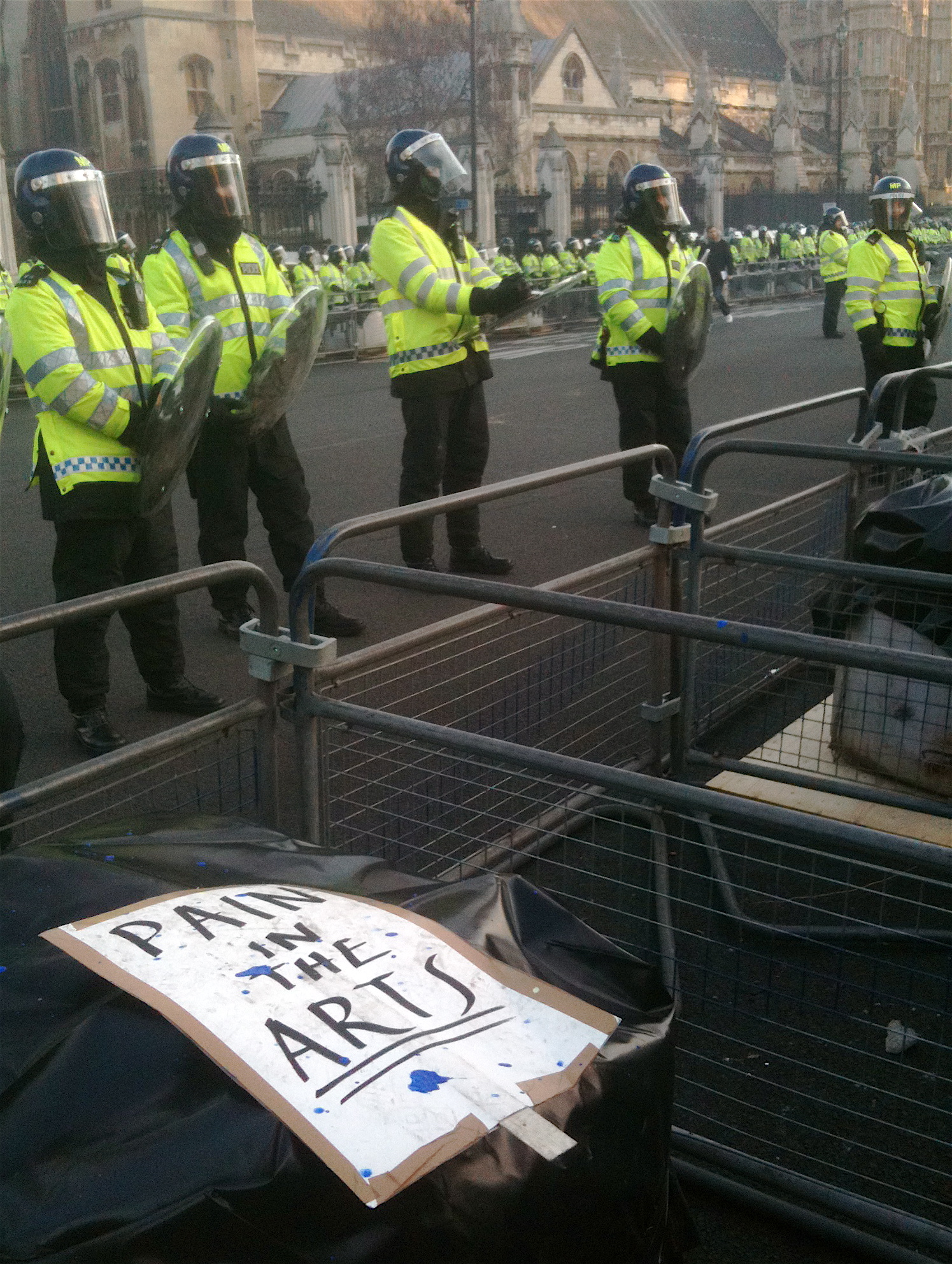Doulton Hall, BA Development Studies and Social Anthropology
In February of this year, the UK’s Education Secretary, Damian Hinds, revealed new plans for universities to reduce tuition fees for humanities and social sciences to £6,500 instead of the £9,250 currently charged.
Critics of the proposal have voiced fears concerning the enhancing of an already entrenched elitism in the country’s education system. The proposal, which could also see STEM (science, technology, engineering and maths) subject tuition fees increased to £13,500, has been deemed an attempt by the UK’s Conservative Party to narrow education and employment prospects for marginalised groups. Data accumulated by the Higher Education Statistics Agency (HESA) reveals that of all the degrees enrolled on by students from low participation neighbourhoods, who achieved grades ABC or higher at A-level, the largest proportion opted for STEM subjects or law. Critics of the plans, therefore, stress that underrepresented groups may be discouraged from accessing the STEM subjects, choosing instead the cheaper option of a social science or humanities degree. This decision, they fear, will be reflected in an even smaller representation of marginalised groups in the highest paying jobs.
Supporters of the proposals have been quick to stress the positive impacts the plans may have on mature students. According to HESA, since the coalition government’s announcement of increased tuition fees in 2011, the number of mature students applying to university each year has decreased by 25%. The reduction in tuition fees for humanities and social science subjects could see a resurgence in mature students applying to undergraduate courses, opening previously inaccessible avenues of employment.
Yet, the proposals present a potential funding gap. Students and academics have stressed concerns that the proposals may lead to a ‘two-tier’ higher education system, with humanity subjects held in a lower regard and therefore in receipt of less funding. Universities offering STEM courses may find that the increased tuition fees for STEM subjects even out the loss of funding from reduced tuition fees for humanity and social science subjects. Yet, for institutions not offering STEM subjects, such as SOAS, the question of a potential funding void is posed.
“Students and academics have stressed concerns that the proposals may lead to a ‘two-tier’ higher education system, with humanity subjects held in a lower regard and therefore in receipt of less funding.”
Scope for addressing potential funding issues may lie in the government’s recent proposal of a two-year Undergraduate course, charged at £11,000 for domestic students. Supporters have stressed the positive impact of the proposed plans on mature students who may feel the two-year course to be more appealing. However, the UCU have expressed concerns that students taking the course will “miss out on periods of reflection, critical thinking and a ‘deep approach’ to learning,” as well as predicting potential difficulties for those who are juggling childcare and financial commitments alongside higher education. Critics have also warned that students from underrepresented groups could be omitted from the opportunity to complete their Undergraduate degree and move on to employment or further study at an accelerated rate, out of the need to subsidise their studies with part-time work; something that will be made difficult with the compressed 45-week courses and additional contact hours.
For SOAS, a university so heavily invested in humanities and social sciences, the materialisation of these proposals could have a large impact on the institution’s dynamics. The Student’s Union’s General Manager, Peter Baran, predicts that “even if any reduction in the fee was matched by a grant, [course] places would be capped at a number which is unlikely to increase revenue to SOAS, and likely to itself be frozen or increased below inflation.” Baran predicts a “greater involvement in transnational education” as a way of plugging the fee deficit, such as the recent establishment of the “SOAS- Singapore Programme”, in partnership with Ngee Ann Academy. Yet he stresses that whilst a fee cut may incentivise mature students to enrol on “vocational courses in metropolitan universities,” it is unlikely that the cuts will increase the number of mature students enrolling on undergraduate courses at SOAS. “If Undergraduate fees are cut significantly,” Baran adds, “SOAS may have to start revisiting whether it can provide Undergraduate courses at all, or become a Postgrad only institution.”
Photo Credits: Neil Cummings
